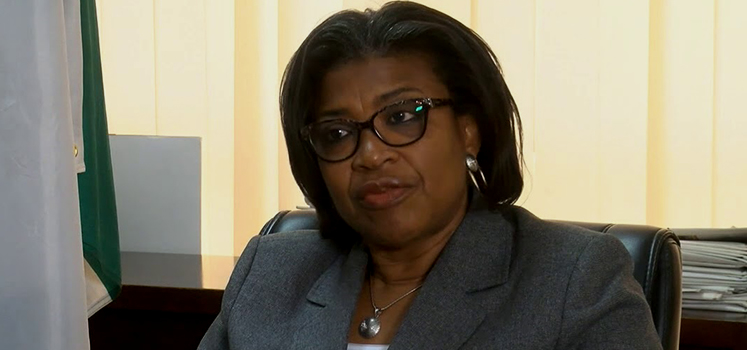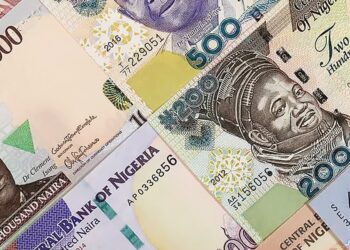By John Ikani
The Debt Management Office (DMO) on Thursday announced that Nigeria’s total public debt stock as of December 31, 2022, was N46.25 trillion (equivalent to 103.11 billion dollars).
The total public debt stock is a combination of domestic and external debts from the Federal Government of Nigeria (FGN) and sub-national governments, which include 36 state governments and the Federal Capital Territory (FCT).
Compared to the previous year, December 31, 2021, the comparative debt stock was N39.59 trillion (equivalent to $95.77 billion).
According to the DMO, “the domestic debt stock reached a total of N27.55 trillion (equal to $61.42 billion), while the external debt stock was N18.70 trillion (equal to $41.69 billion).
“The growth in the total public debt stock can be attributed to new borrowings by the Federal Government and sub-national governments.
“These borrowings were primarily to finance budget deficits and execute projects.
“The issuance of promissory notes by the Federal Government to settle some liabilities also contributed to the increase in the debt stock.
“To achieve debt sustainability, the Federal Government has been making efforts to increase revenue from oil and non-oil sources through initiatives like the Finance Acts and the Strategic Revenue Mobilisation Initiative.”
The DMO believes these efforts will aid debt sustainability. However, as of December 31, 2022, the total debt-to-Gross Domestic Product (GDP) ratio had slightly increased to 23.20 per cent compared to 22.47 per cent in December 31, 2021.
The DMO clarified that the ratio of 23.20 per cent is within the 40 per cent limit self-imposed by Nigeria and the 55 per cent limit recommended by the World Bank/International Monetary Fund (IMF).
It is also within the 70 per cent limit recommended by the Economic Community of West African States (ECOWAS).
It’s worth noting that the total public debt stock released by the DMO does not include the N22 trillion Federal Government’s indebtedness to the Central Bank of Nigeria (CBN) through Ways and Means advances.
The Ways and Means advances are awaiting securitisation by the National Assembly before being added to the country’s public debt.



































